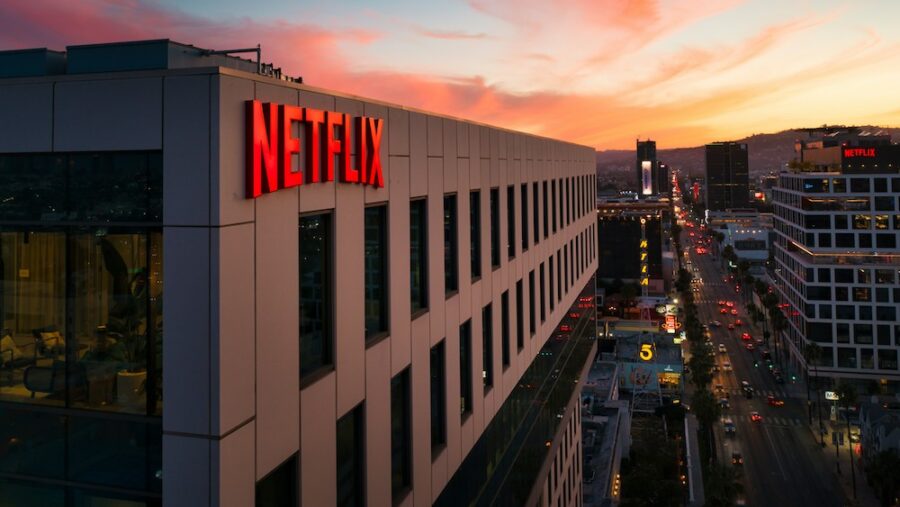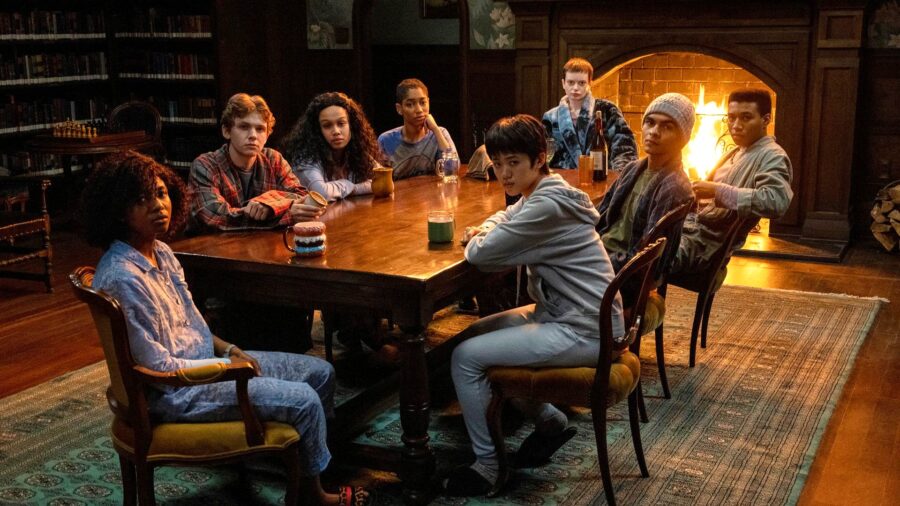Netflix Kills Multiple Season 2 Renewals

The latest Netflix viewer engagement report revealed that several K-dramas, including Business Proposal, Café Minamdang, and Crash Landing will not be renewed for Season 2. Usually, the platform lets subscribers know if new programs are classified as limited series. However, K-dramas operate differently. Second outings for internationally licensed weekly shows are typically announced before the first season is available.
A Few Series Still Waiting For Confirmations

K-dramas produced by Netflix, like Bloodhound, might not have their respective Season 2s confirmed for several months. While fans might already know this, the information could be helpful to those who watch K-dramas occasionally. Earlier this year, several Netflix originals in the genre were unexpectedly classified as limited series.
K-Dramas Have Been Big, But Not Big Enough

The list of Netflix K-dramas not getting a Season 2 includes Business Proposal, Café Minamdang, Crash Landing on You, Hometown Cha-Cha-Cha, Mine, My Liberation Notes, Our Blues, Siren: Survive the Island, Something in the Rain, The King’s Affection, Thirty-Nine, and Tomorrow. While it’s unlikely that a second season was planned for any of these shows, fans may have hoped for renewals.
A Pattern With Netflix

Over the years, several shows on Netflix outside of K-dramas were not picked up for a Season 2. Despite having a dedicated fanbase and positive reviews, the German period mystery sci-fi series 1899 was canceled due to high production costs and lower-than-expected viewership. Resident Evil was a high-profile 2022 release but was axed after receiving mostly negative reviews from critics and audiences.
Even Established Directors Have Struck Out

The comedy series Blockbuster struggled with low viewership and mixed reviews, resulting in Netflix dropping it instead of developing a Season 2. The Midnight Club, from The Haunting of Hill House creator Mike Flanagan, didn’t achieve the same success as its predecessor and was dumped after just one season on the streaming platform.
Netflix Uses Multiple Metrics

The reasons for these cancellations can vary widely. Netflix relies heavily on detailed viewership data to make Season 2 renewal decisions. The company looks at metrics such as the number of viewers who watch a show, how many finish it, and how quickly new viewers start watching it after its release. If these numbers fall short of expectations, it can lead to cancellation.
High production costs are another significant factor. Shows that require elaborate sets and special effects or are shot in multiple locations are more expensive to produce. If the return on investment in terms of viewership and new subscriptions is not high enough, Netflix may decide not to renew for Season 2 as it is the safer financial choice.
Constantly Adjusting Content Strategy

While positive critical reception can help a show, the audience’s response ultimately matters more. Negative reviews and poor audience ratings can deter potential new viewers, reducing the show’s overall impact and making it less likely to be renewed by Netflix for Season 2. In some cases, contractual disputes or licensing issues can also lead to cancellations.
If Netflix and the show’s creators or production companies disagree or securing the necessary rights becomes too complicated, the show might not be renewed for Season 2. Additionally, Netflix constantly adjusts its content strategy based on market trends. Sometimes, this means shifting resources away from certain genres to invest in those that perform better.












